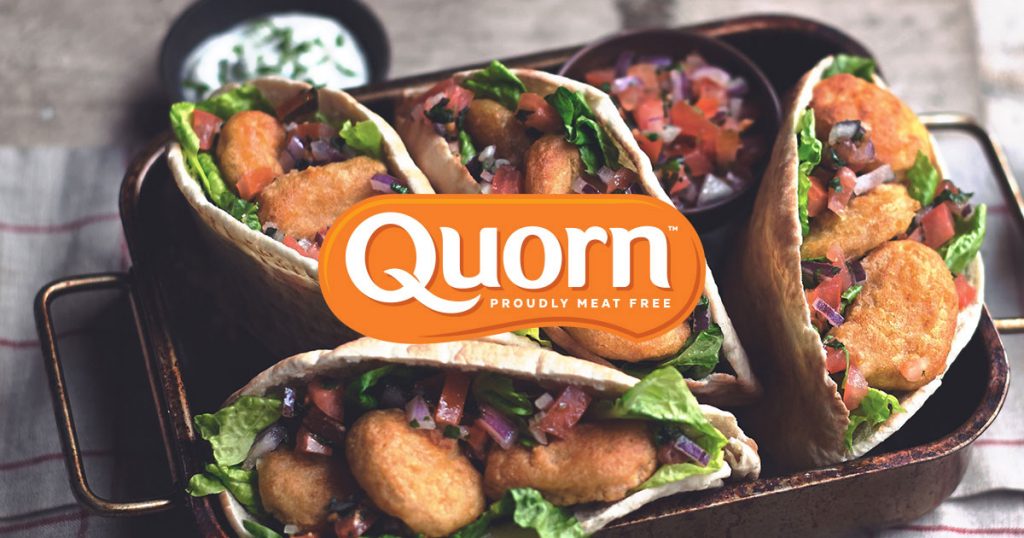Popular meat alternative brand Quorn have recently received a court ruling which will change the way that they label their products in the US. The main ingredient in Quorn has come under fire from consumers, and Quorn could have to repay $2.5m to customers who feel they were misled by their current labelling.

Mycoprotein is the predominant ingredient in all Quorn products, both vegetarian and vegan. It’s made by feeding a fungus, called Fusarium Venenatum, with oxygenated water and glucose while it is fermented. After being heat-treated, the product is then combined with other ingredients to create Quorn’s products. Essentially, Mycoprotein is a mould, but one that is considered safe for human consumption.
However, many people have mould sensitivities, or may even have specific allergies to mycoprotein. One such case of this, was Miles Bengco, an 11 year old from California who died after eating a ‘Turk’y Burger’. Despite the fact that his mother was aware of his mould allergy, she was not aware that Quorn’s main ingredient was a fungus.
Unrelated to the Bengco case, Kimberly Birbrower took legal action against Quorn, on behalf of anyone in the USA who had bought the product between January 2012 and December 2016. This is the case that has forced Quorn to agree to change their packaging in the US.

The Centre for Science in the Public Interest, a not for profit group who often campaign for changes to be made regarding the labelling of food, have also taken issue with Quorn in recent years. They claim that a great many people have allergic reactions to Mycoprotein and that the product comes with inadequate warning to consumers.
The company refute the claims that Mycoprotein is a harmful ingredient. In defence of their previous lack of allergen labelling, a spokesperson for Quorn has stated that ‘Mycoprotein, is not classified as an allergen in any of the 16 countries where it is currently sold. The UK Food Standards Agency states that ‘between 1 in 100,000 to 200,000 people will react’ or be intolerant to Quorn products.’ They added that ‘[b]y comparison, one in 200 people are thought to be intolerant to soy.’

Despite concerns over the severity of Miles Bengco’s reaction, this new labelling doesn’t indicate that Quorn is unsafe to eat, unless you have a mould or Mycoprotein allergy. Just like any food, if you have not eaten it before you may be sensitive to it and not know. Although this ruling may make people fearful of trying Quorn products, current information suggests it is only dangerous to people who have mould sensitivities.
Image credit: Quorn


